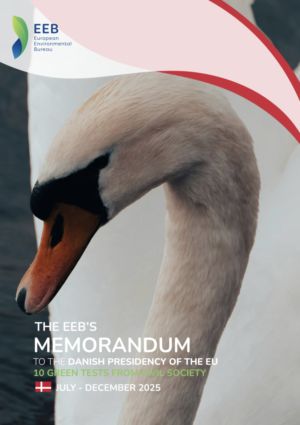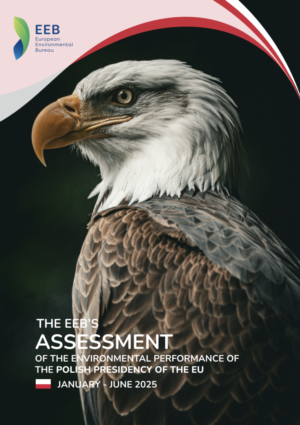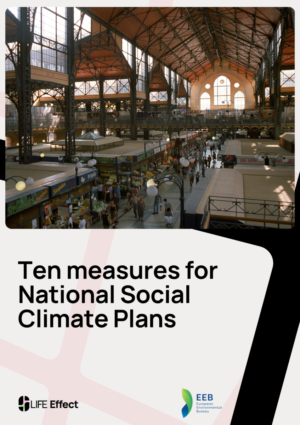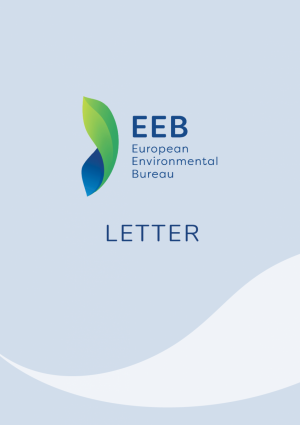
EU leaders set to greenwash EU farm policy – media briefing
The European Commission, European Parliament and national governments are in the final stages of negotiations on the EU’s common agricultural policy (CAP) for the years 2023-2027. After seven months of negotiations, an agreement is expected to be reached next week on the content of the EU’s farm policy, at the upcoming ‘trialogue’ meeting between representatives of the three EU institutions, scheduled for 25-26 May.
This is a critical decade in which we must take action to prevent climate and ecosystem breakdown, but the CAP deal the EU is about to strike looks to be no better than the last, focusing more on greenwashing than actually becoming greener.
Agriculture is one of the main causes of environmental degradation in Europe. It contributes to the climate and biodiversity crises, and to air, water and soil pollution.
The EU spends almost a third of its budget on farming subsidies, around €54 billion per year. The EU’s common agricultural policy money is one of the defining factors in current agriculture practices in the EU, but the scientific consensus is that the CAP is now driving the problems. The CAP subsidises the most profitable and polluting farms, and has seen a third of EU farms disappear since 2005.
EU leaders will likely trumpet this CAP deal as a win for the environment but, as this briefing shows, the deal on the table doesn’t match up to what’s needed on climate, biodiversity, pollution, food security and accountability.






